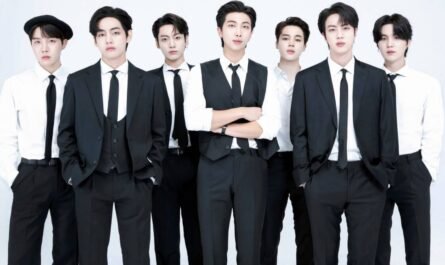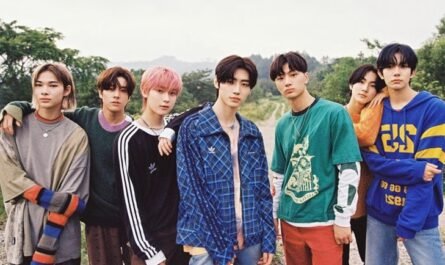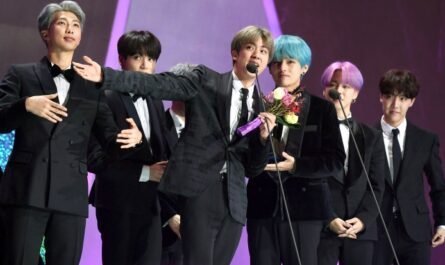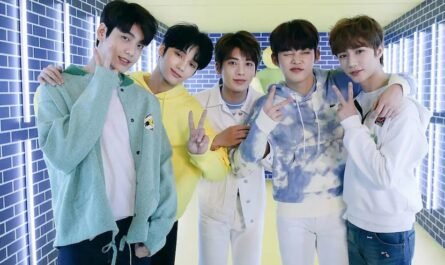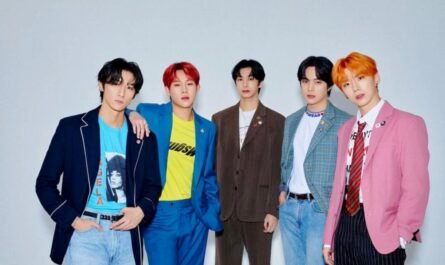A controversial site in South Korea called “Check Femi” went offline this Friday after a barrage of criticism for its proposal to classify personalities, in a disparaging tone, for their “level of feminism,” which could be under “suspicion.” in the “vanguard,” or “confirmed.” Among the most famous personalities in K-pop have appeared on the list of “confirmed feminists” names like Suzy, former Miss A and now actress, RM, leader of BTS, and Joy, member of Red Velvet.
Also remembered were President Moon Jae-in and former Seoul Mayor Park Won-soon, as “vanguard” feminists.
According to the news portal “Korea Herald,” now when you try to access “Check Femi,” there is an alert that the site has been deleted. While he was available, he claimed to have checked which celebrities could favor equal rights between men and women based on their statements and attitudes. To that end, however, the site’s creators adopted an anti-feminist stance that was widely criticized on social media. On the other hand, many fans also focused their reaction on praising the behavior of the artists remembered by the site.
“Colleague, feminism is a movement to fight for fair equity for all genders. When a person is a feminist, he believes in equality and wants fair treatment for women. Being a feminist man means that he believes that women should have the same rights that men have. Anyone can be a feminist,” explained another Twitter user.
In the case of RM, from BTS, it is believed that the site cited him for having already recommended the reading of the book with feminist content “Kim Jiyoung, born 1982”, written by the South Korean Cho Nam-Joo.
In South Korea, the term “feminist” is used in certain situations as an offense. Joy has appeared wearing a shirt saying “we should all be feminists” and was the target of criticism in her country.
Another case that drew attention occurred during the Tokyo Olympics, when archer An San, winner of three gold medals, was seen by some netizens as an indication that she was a “feminist.”
In this regard, Daniela Mazur, a specialist in Korean studies and a doctoral student at the Postgraduate Program in Communication at the Fluminense Federal University (PPGCOM/UFF), described South Korea as a country historically focused “on patriarchal bases,” with the role of man in society seen as “central” for centuries.
This is reflected even today in the country’s social dynamics, and this reflex is even more intensely present through conservative groups and sectors. — We see this in politics, but also the everyday logic of this society.
Despite this behavioral heritage marked by sexist characteristics, Mazur highlights that in recent years South Korean women “have begun to express more intensely and directly the demands, damages, and dangers they experience daily,” questioning social impositions and rejecting demands and attacks.
Their voices have had more room to be heard (hence the highlight for this feminist uprising in the country), so these questions have been less ignored because of the growing support of other women and even celebrities and politicians, which ends up igniting opposing groups,” he said.
Professor CedarBough Saeji, Ph.D. in Asian Studies from the University of British Columbia, Canada, explained, in an interview with EXTRA, that South Korea still adopts conservative behaviors, mainly through generations before the Millenials. As an example, she mentioned the ilbe group, which preaches values from the MRA movement. This acronym refers to the expression in English “men’s rights activist,” which means something like “activism for the rights of men.” According to the professor, this group “creates a very uncomfortable online environment for idols who openly support feminism.”
Two South Korean artists who were exponents of feminism in the country committed suicide in 2019: Sulli and Goo Hara, aged 25 and 28. The two, who were friends, used to receive malicious comments on social networks.


